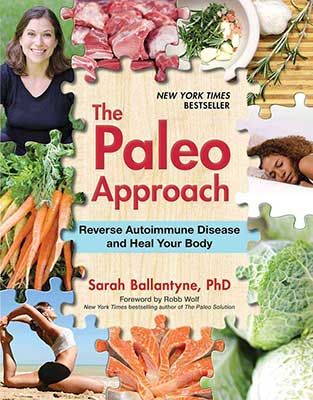Diet and Gut Consequences
May 10, 2016
Updated July 7, 2016
My diet was probably decent on the nutrition scale of "western" diets, but compared to a more traditional, "paleo" diet, it did include a lot of highly inflammatory items.
Gluten is probably the worst and most notorious lectin for creating inflammation in the body by destroying your small intestine lining (i.e. creating a "leaky gut") and causing gut dysbiosis (an microbial imbalance). The primary dietary source of gluten is wheat. Furthermore, today's American wheat is made "Round-up Ready." This means that the crops are tolerant to glyphosate, the active chemical in Monsanto's weed-killer, Round-up®. Glyphosate helps in several ways to increase crop yield, is used extensively in American wheat farming, but this chemical is also highly damaging to the gut[1].

Corn in the USA is genetically engineered (GMO) to produce a high amount of an insecticide called Bt-toxin[2]. Again, this increases crop yield but at the expense of gut health. Doctors are beginning to discover how important the gut microbiome is to human health; destroy its lining or the important bacteria therein, and you'll wreak havoc on your health.
Read more …Diet and Gut Consequences
- Created on .
